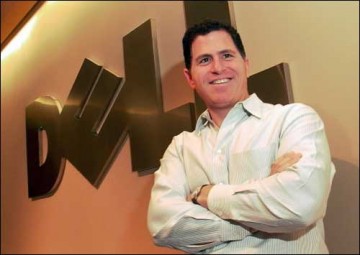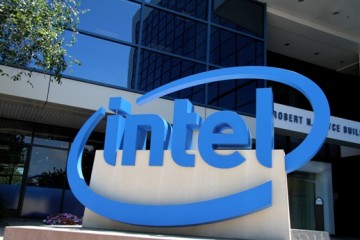 Microsoft reported higher than expected quarterly revenue, helped by stronger sales of its phones, Surface tablets and cloud-computing products for companies.
Microsoft reported higher than expected quarterly revenue, helped by stronger sales of its phones, Surface tablets and cloud-computing products for companies.
The cocaine nose jobs of Wall Street had been a little concerned that Microsoft might suffer from am industry shift toward lower-margin cloud services.
Redmond shares, which have climbed 33 percent over the past year, rose another three percent in after-hours trading. You can pick up a good used share, with low mileage, for $46.36.
The Volish results fly in the face of negative earnings results from tech bellwethers Oracle, IBM, SAP, VMware, and EMC.
Big Blue’s miserable results were expected to be repeated by Microsoft as all of them had made tentative inroads into the cloud, which generally yields thinner margins.
Microsoft did not disclose its cloud-based revenue for the fiscal first quarter, but said commercial cloud sales rose 128 percent, while sales of services based on its Azure cloud platform rose 121 percent.
Perhaps more importantly, it said gross profit margin in the unit that includes Azure rose 194 percent, despite rising infrastructure costs, which includes the huge expense of building and operating datacenters.
In the last four years, Microsoft’s gross profit margin has drifted down to about 65 percent from above 80 percent, largely due to its move into tablets and phones.
Microsoft is predicted to make $6 billion a year in cloud revenue soon, which would make it the industry’s largest cloud. However would still be only about six percent of overall expected revenue this fiscal year.
CEO Satya Nadella, in a conference call with analysts, said that Microsoft was the only company with cloud revenue that is growing at triple digit rates.
Nadella was keen to stress that Microsoft is more focused on selling higher-margin services via the cloud to its commercial customers.
Microsoft’s fiscal first quarter profit actually fell 13 percent, largely due to an expected $1.1 billion charge related to mass layoffs announced in July.
However it still collected a profit of $4.5 billion compared with $5.2 billion, or 62 cents per share, in the year-ago quarter. It easily beat Wall Street’s forecasts.
Revenue rose 25 percent to $23.2 billion, thanks to the phone business it bought from Nokia in April. Lumia smartphones sales hit 9.3 million in the first full quarter since the close of the Nokia deal. Sales of the Surface tablet more than doubled to $908 million from $400 million last year.
 Many organisations are potentially failing to realise the potential value of, or monetise their data, despite 74 percent acknowledging it as a key priority according to research from Coeus Consulting.
Many organisations are potentially failing to realise the potential value of, or monetise their data, despite 74 percent acknowledging it as a key priority according to research from Coeus Consulting.











